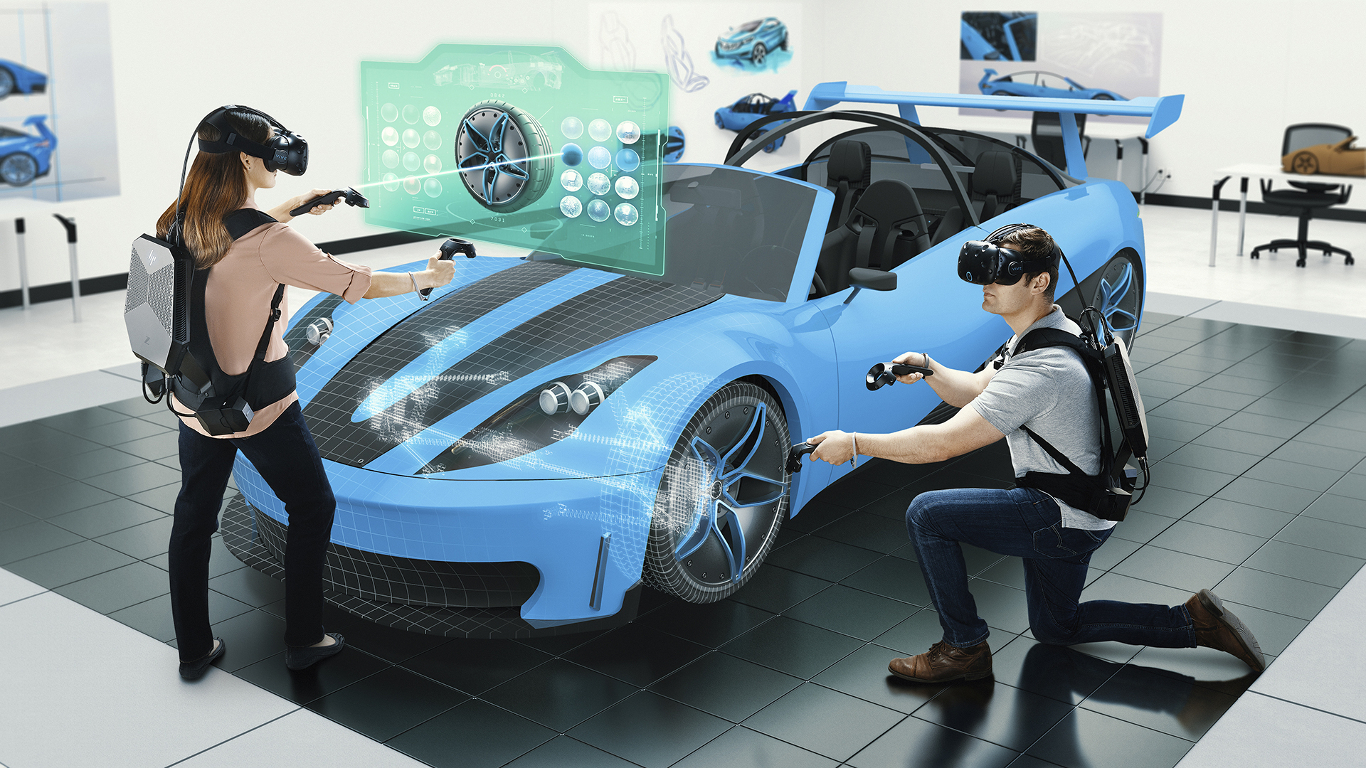HP’s new VR backpack is the world’s first wearable workstation
Powerful PC boasts Nvidia Quadro graphics and more

HP has already made a virtual reality backpack for gamers, and now the company has revealed a fresh take on the VR backpack aimed at business customers.
HP’s Z VR Backpack is a wearable workstation PC aimed at professionals, and use cases such as delivering medical training in virtual reality, or facilitating virtual walkthroughs of buildings when architects are at the design stage.

The PC is designed to be lightweight (4.65kg), so as not to cause the wearer any undue strain, and offers a system of hot-swappable batteries to keep it powered up through longer virtual reality sessions. The backpack is also nicely durable, and compliant with the MIL-STD 810G standard.
As well as being worn on the back for an immersive VR experience, the PC also offers docking capabilities so it can be used as a desktop computer, giving it extra flexibility (see the image below).

Beefy backpack
The Z VR Backpack is powered by an Intel Core i7-7820HQ Kaby Lake processor (running at up to 3.9GHz with Turbo, and boasting vPro tech), paired with up to 32GB of DDR4 system memory. On the graphics front, you get an Nvidia Quadro P5200 with 16GB of video memory. Storage options run from 256GB up to 1TB SSDs.
Users can choose their preferred headset to hook up to the PC, although HP notes there is custom integration for the HTC Vive Business Edition HMD, or HP’s own Windows Mixed Reality Headset.
The backpack is expected to be available in Europe come September with a starting price of €3,000 not including VAT (around £2,700, $3,500).
Are you a pro? Subscribe to our newsletter
Sign up to the TechRadar Pro newsletter to get all the top news, opinion, features and guidance your business needs to succeed!
HP also announced the Mars Home Planet project in conjunction with Nvidia and other tech firms, the idea being to create a VR experience of life on Mars in the future, to help solve some of the (many) problems relating to the potential colonisation of the planet.
- We've rounded up the best VR games you can play in 2017
Darren is a freelancer writing news and features for TechRadar (and occasionally T3) across a broad range of computing topics including CPUs, GPUs, various other hardware, VPNs, antivirus and more. He has written about tech for the best part of three decades, and writes books in his spare time (his debut novel - 'I Know What You Did Last Supper' - was published by Hachette UK in 2013).